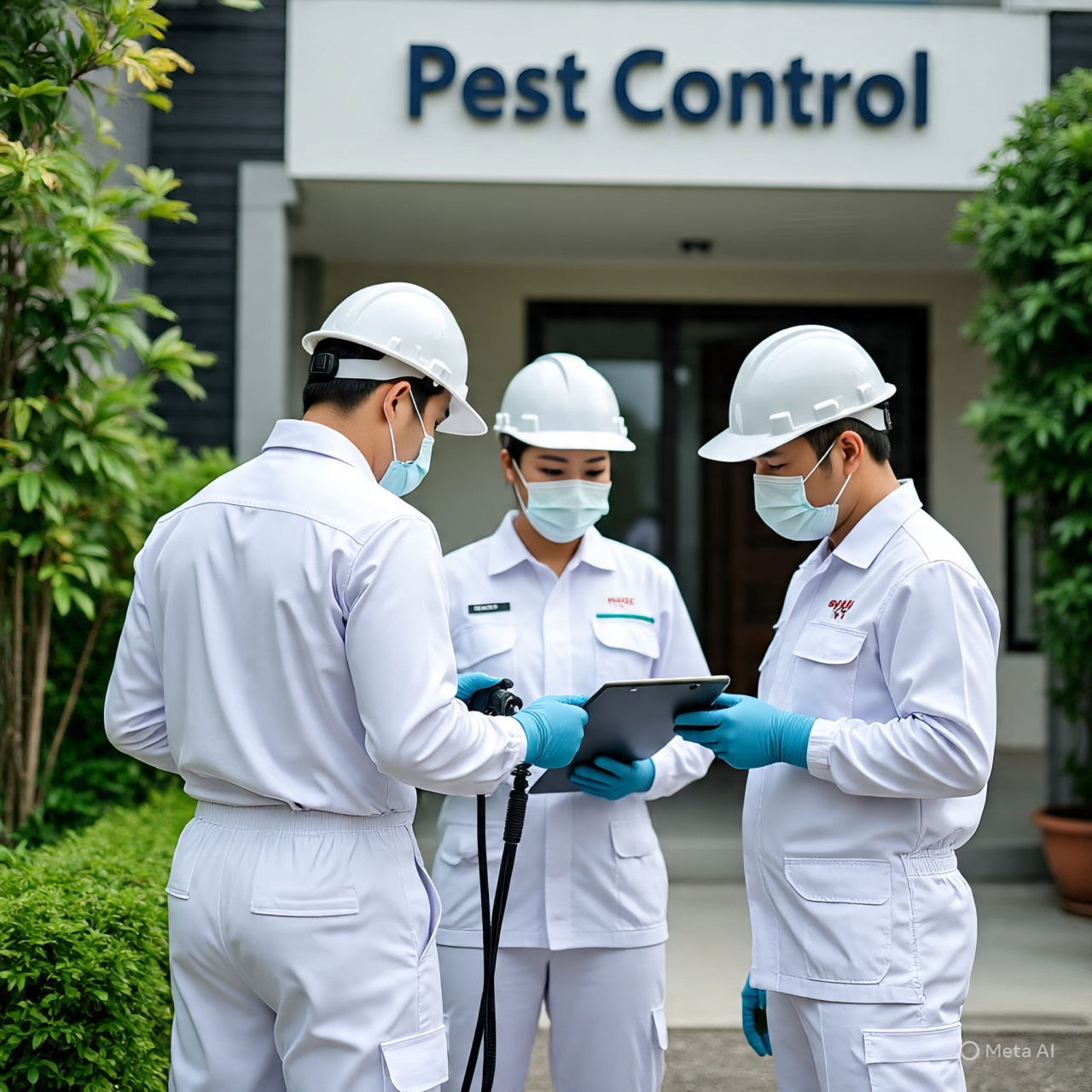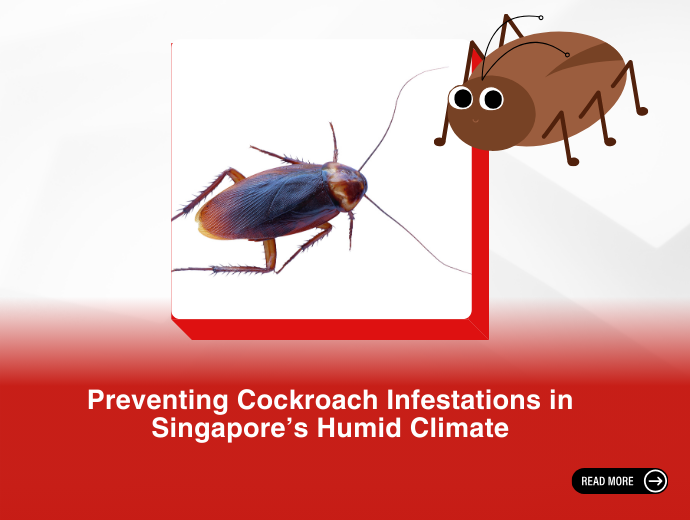Singapore, known for its cleanliness, has been facing a rat infestation problem. While not unique to Singapore, it has reached alarming levels and has caused public outcry and action. For business owners, property managers and homeowners, understanding the reasons and ways to control rats is key.
There has been an increase in rat sightings across Singapore over the past few years. In 2023, over 5,200 rat burrows were reported in public areas. This is a big jump from previous years. This trend of increasing rat sightings and infestations is worrisome for both residential and commercial areas.
It’s not limited to one area or type of property. Residential areas, especially older estates with aging infrastructure, have seen an increase in rat activity. These areas have more entry points for rats, such as cracks in walls and gaps in foundations which can go unnoticed and unchecked for years.
Commercial properties, especially those in the food and beverage industry, have been badly hit. Restaurants and cafes are rat magnets due to the presence of food and waste. The problem is worse in densely populated commercial areas where waste management can be a challenge and even a small lapse in hygiene practices can lead to massive infestations.
Construction sites are another area of concern. Singapore is developing so fast that construction sites are everywhere. But these sites become rat havens because of the shelter and food in the form of construction waste.
Educational institutions and healthcare facilities are not spared either. Schools, universities and hospitals have reported rat sightings which are a serious health risk. Rats in these places are even more alarming because of the vulnerable population they serve, children and the elderly who are more susceptible to the diseases rats can carry.
The authorities have taken cognizance of this as a key focus area. The NEA plans to increase its monitoring activities, and conduct regular inspections using surveillance cameras with thermal detection. Also, they intend to encourage proper waste management practices at eateries and waste bin centers.
Despite these measures, the rat problem still persists. It’s clear there are underlying complex issues. On CNA's Talking Point, ORIGIN’s resident rodent expert Daphne Ling joins Munah Bagharib to provide key insights about this rapid outbreak and uncover why these pests are such formidable adversaries.
Causes Of The Surge
Construction
Urban development in Singapore is a double edged sword. It drives economic growth and urbanization, but it also disrupts the natural habitat. Construction sites are hotbeds for rat infestation, which has led to rodents and other vectors moving into populated areas.
Climate and Environmental Changes
Singapore’s tropical climate with high humidity and warm temperatures is rat heaven. Climate change has made it worse by causing more frequent and intense rainfalls which leads to flooding and rats moving up to higher ground, often into human dwellings and commercial premises.
Poor Waste Management
Despite the regulations, poor waste management is still a big problem. Overflowing garbage bins, food waste left open, and poor waste disposal practices is a rat smorgasbord. The NEA has emphasized the need for better waste management practices to cut off the food sources that attract rats.
Impact Of Rat Infestation On Business
Health Risks
Not only is a rat infestation unhygienic, it can also cause serious health issues for employees, customers and residents. Rats can be carriers of multiple diseases such as leptospirosis, salmonella and hantavirus. Moreover, such instances can negatively impact businesses because of potential lawsuits, health code violations, and damage to reputation.
Cost
The cost of rat infestation is high. Businesses may have to fork out for extermination services, property repairs and fines from health authorities. Property managers may see a drop in property value and higher tenant turnover if infestation is not addressed promptly.
Operational Disruption
Restaurants, hotels or retail businesses can be negatively impacted by rat infestation. It can lead to operational disruption, including temporary closure for extermination and cleaning. This can also have a cascading impact on revenue, customer trust, and brand loyalty.
Rodent Control Strategies
Regular Inspections and Monitoring
The key to rodent control is early detection. You must conduct regular inspections of your premises to identify potential entry points and signs of rat activity. Also, you can use monitoring devices such as traps and electronic sensors to track rodent activity.
Proper Waste Management
Implementing good waste management practices will go a long way. Ensure all garbage bins are closed with tight-fitting lids and emptied regularly. Also, it’s important to educate those around us on the importance of cleanliness, especially our staff and tenants.
Structural Maintenance
It’s easy for rats to find a way into your property through the tiniest opening. To prevent this from happening, ensure that any cracks, holes or gaps in the walls, floors and foundations are sealed properly. Also, maintaining good plumbing is paramount, because water sources can attract rats too.
Professional Pest Control Services
If you spot a rat infestation or want to conduct a check before moving into a new house, engage with a professional pest control service provider. Such experts can help with regular inspections and extermination when necessary. Also, they have the ability to provide customized solutions based on your property and the extent of the infestation.
Community and Education
To tackle this problem for good, we need to take a community approach to rodent control. This means working with neighboring businesses and residential properties to have a collective effort in maintaining cleanliness and addressing infestation. Further, educational campaigns can be organized to help raise awareness about preventive measures and good waste management practices.
Conclusion
Rat infestation has become a complex problem in Singapore today. In order to tackle this issue, we need to take a holistic and collective approach. Business owners, property managers, and homeowners need to be more vigilant in implementing rodent control measures. By managing these ORIGINating factors, we can minimize the risk of rat infestation. Let’s come together to maintain Singapore’s high standards of cleanliness and safety.
ORIGIN Exterminators is a leading pest control service provider in Singapore. Contact us today to create a rat-free environment.

.png)



.png)